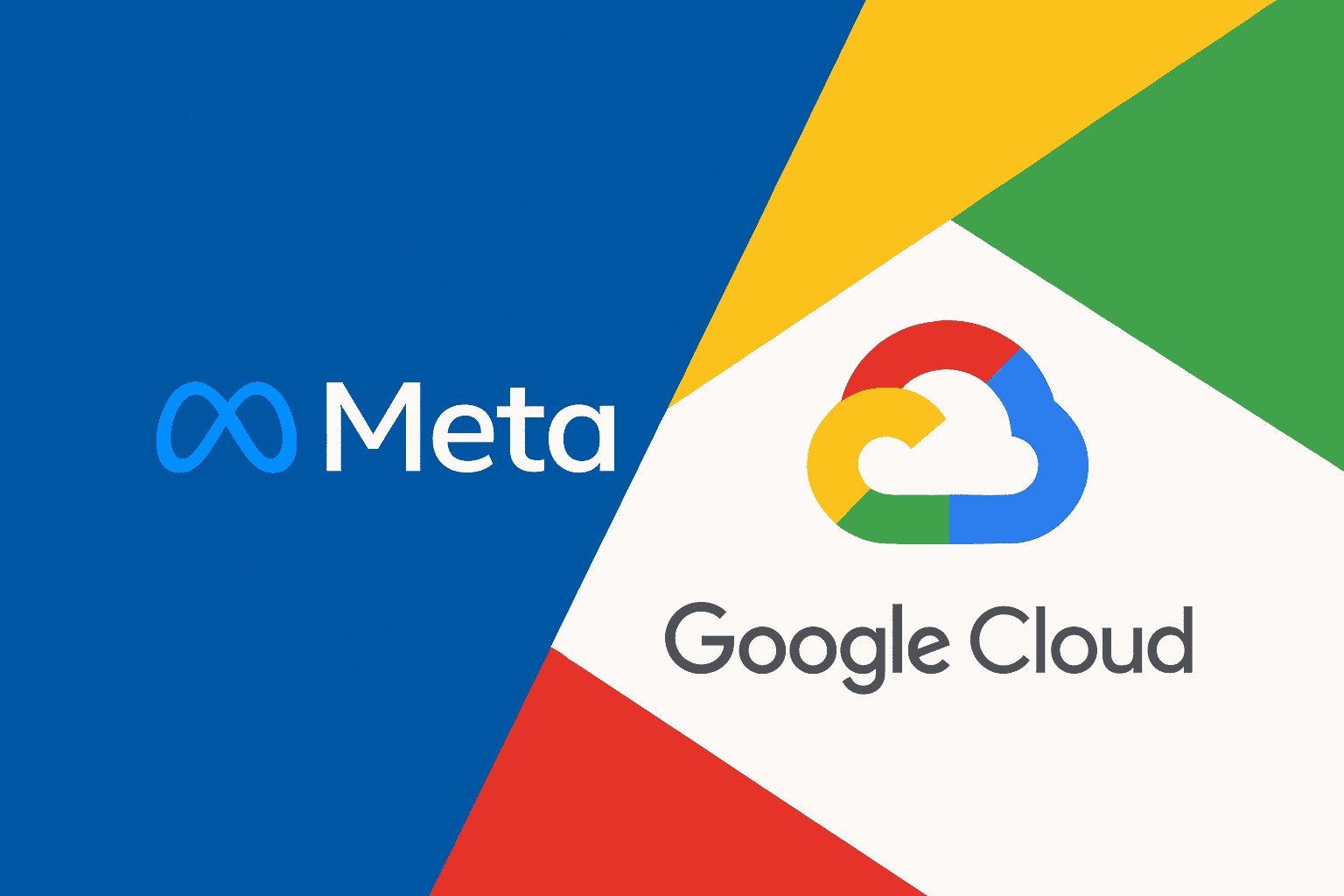Inside the $10B Meta and Google Cloud Deal That Redefines AI Advertising Technology

Meta and Google Cloud: A $10B Power Move to Reinvent AI Advertising
Unprecedented Collaboration Redefines Cloud and AI
Meta has secured an agreement valued at more than $10 billion with Google Cloud, setting the stage for a major transformation in large-scale artificial intelligence and digital advertising technology. This six-year arrangement grants Meta access to Google’s next-generation infrastructure, including advanced data center servers, storage solutions, and high-performance networking resources.
The collaboration comes at a pivotal moment for both firms. Meta, aiming to accelerate its ambitions in machine learning, has recognized the critical importance of scalable compute resources. Rather than relying solely on internal infrastructure expansion, the company is taking advantage of Google’s technological prowess—highlighted by custom Tensor Processing Units (TPUs) and Vertex AI, designed expressly to maximize machine learning performance and developer productivity. This access allows Meta to push its AI research agenda forward at a pace unattainable with existing internal assets.
Equally significant is how this partnership elevates Google Cloud in the fiercely competitive cloud services arena. While Google lags behind AWS and Azure in total market share, onboarding a marquee client like Meta strengthens its credibility and positions Google Cloud as a technical powerhouse uniquely suited to the needs of enterprises confronting the complexities of large-scale AI deployment.
Engineering a Leap in Targeted Advertising Technology
The spotlight for this technology alliance is Facebook’s advertising system—a complex, data-driven ecosystem that relies on cutting-edge models to deliver personalized content and maximize campaign performance. Meta teams are actively exploring ways to integrate their own advertising data to further train Google’s advanced AI models. This approach seeks to fuse proprietary insights from Meta’s vast ad ecosystem with the specialized compute and software stack provided by Google Cloud.
Meta’s leadership has voiced its vision of building AI systems so advanced they edge close to what some describe as “superintelligence.” Delivering on this vision demands immense investment in both infrastructure and model refinement. The Google partnership enables rapid access to compute resources and sophisticated platforms like Vertex AI, which offers robust lifecycle tools for model training and integration. By enhancing model precision and reliability, Meta aspires to boost ad relevance, deliver higher value to advertisers, and sharpen its edge in an industry where micro-targeting, conversion optimization, and audience segmentation are central.
The underlying objective is clear: drive performance at scale while innovating on the mechanics of digital ad delivery. Merging Meta’s proprietary data and research with Google’s infrastructure is set to unlock new frontiers in user personalization, campaign effectiveness, and automated decision-making within the advertising domain.
Strategic Significance for Tech and Cloud Markets
The monumental agreement signals a growing trend: major tech companies opting to cooperate where infrastructure needs and technical complexity surpass what any one firm can address in isolation. Despite their rivalry in digital ads and virtual reality, Meta and Google recognize the necessity of strategic alliances to maintain leadership at the frontier of machine learning innovation.
Rising operational costs, exponential compute demand, and a rapidly evolving regulatory landscape have made such partnerships attractive and, in some cases, essential. For Meta, the allocation of more than $66 billion toward AI infrastructure and the divestment of existing assets highlight the scale and seriousness of its ambitions. The company’s choice of Google was influenced by the unique capabilities of Google’s data centers, the flexibility of infrastructure on demand, and the ability to leverage advanced toolsets like TPUs.
For Google Cloud, onboarding Meta is more than a high-value contract. It is a statement of long-term strategy, directly challenging AWS and Microsoft Azure by leveraging technical differentiation rather than commoditized services. The move also underscores the shifting nature of cloud competition, where the demand for specialized AI workloads turns erstwhile rivals into cooperative innovators.
The Road Ahead: Implications and Takeaways
With no final implementation yet announced, the industry is closely monitoring how these plans unfold. The transaction presents an opportunity for both organizations to set new industry benchmarks in AI integration, cloud scalability, and advertising technology. As Meta continues to scale its ambitions, immediate access to Google’s infrastructure accelerates its timeline for AI breakthroughs, while the eventual deployment of proprietary data into the pipeline could remake the entire user-targeting paradigm.
In summary, this partnership reflects a broader evolution in the technology sector: the convergence of cloud, artificial intelligence, and advertising powered by collaboration at unprecedented scale. For organizations across tech, marketing, and even operations, the takeaways are clear—competitive advantage in the AI era hinges on a willingness to invest, adapt, and sometimes, collaborate with one-time competitors.
